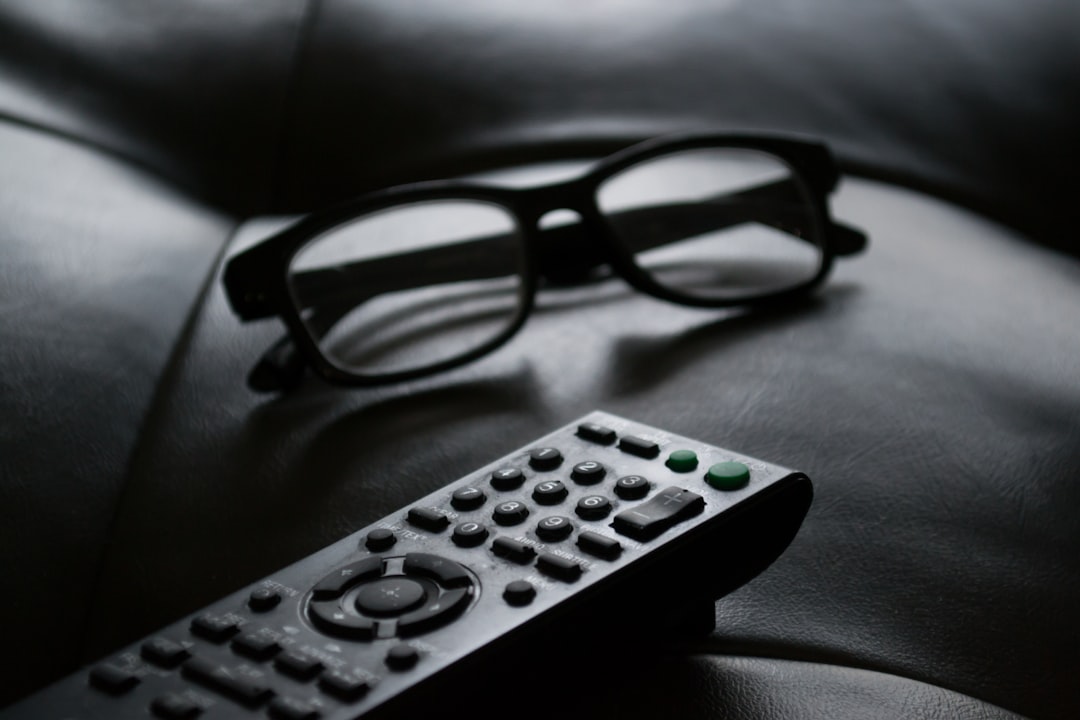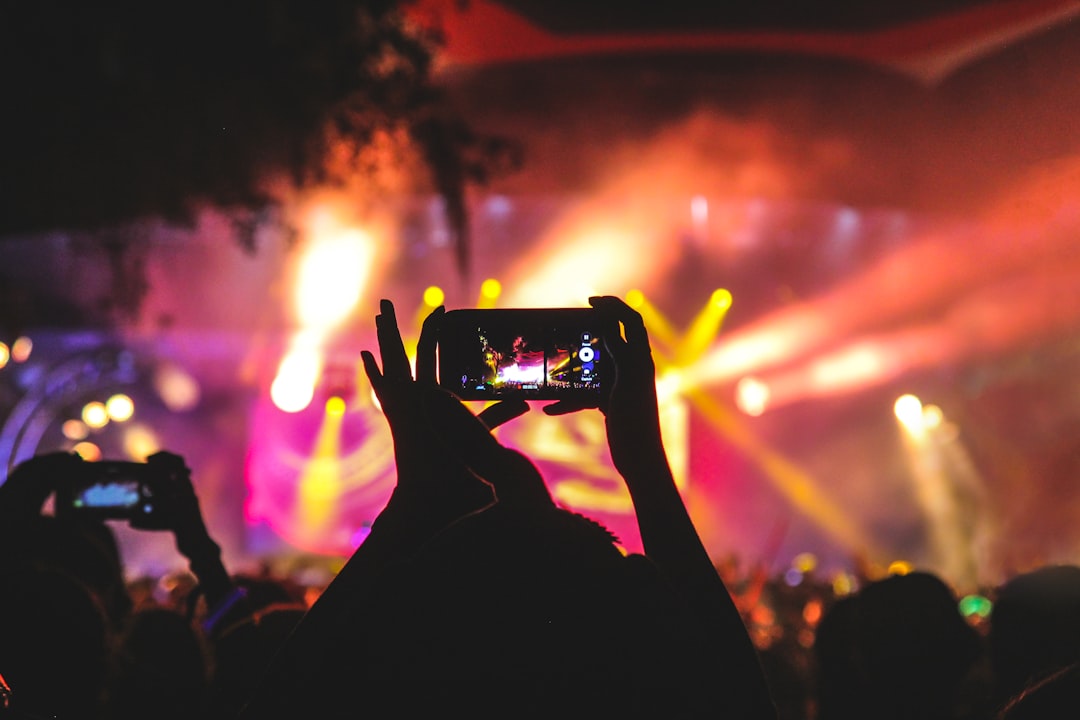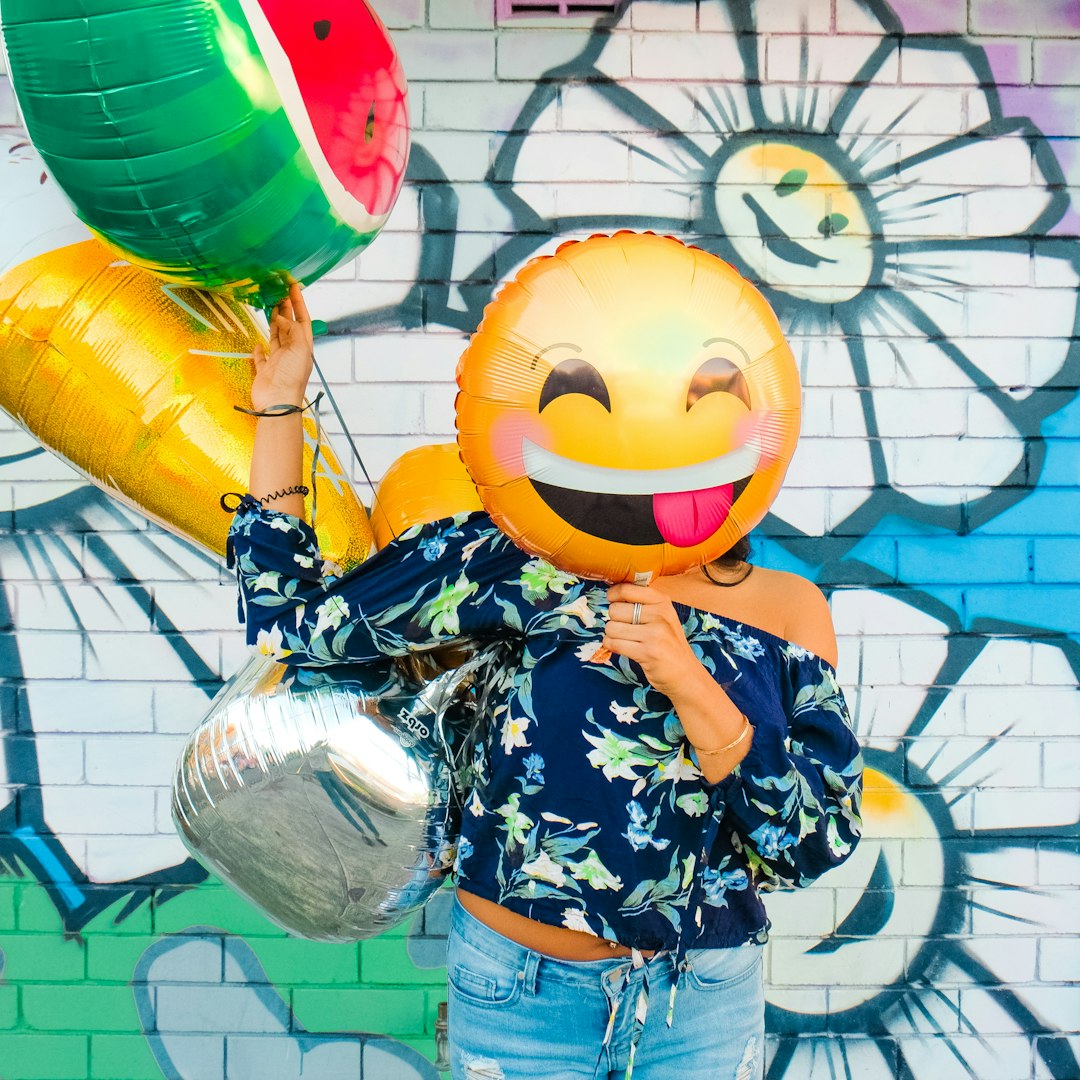The Impact of Social Media on Mental Health
In today’s digital age, it’s impossible to escape the influence of social media. With platforms like Facebook, Instagram, Twitter, and TikTok dominating our daily lives, there’s no denying that social media has had a profound impact on society. While these platforms have revolutionized the way we communicate, connect with others, and consume information, there’s a dark side to social media that often goes unnoticed – its impact on mental health.
There’s no denying that social media has brought people closer together in ways that were unimaginable just a few decades ago. With the click of a button, we can now connect with friends and family across the globe, stay informed about current events, and share our thoughts and ideas with a global audience. However, this constant connectivity and accessibility also come with a price.
One of the biggest concerns surrounding social media and mental health is the phenomenon of social comparison. With so many people sharing curated and polished versions of their lives on social media, it’s easy to fall into the trap of comparing ourselves to others. Whether it’s someone posting pictures of their dream vacation, their new car, or their perfect relationship, it’s easy to feel inadequate and envious when constantly bombarded with these highlight reels.
This constant comparison can lead to feelings of low self-esteem, anxiety, and depression. Studies have shown that people who spend a significant amount of time on social media are more likely to experience symptoms of mental health disorders. In fact, a study published in the Journal of Social and Clinical Psychology found that limiting social media use to just 30 minutes a day can lead to significant improvements in well-being, including reductions in loneliness and depressive symptoms.
Another concern is the impact of cyberbullying on mental health. With the anonymity that social media provides, it’s all too easy for individuals to engage in hurtful and harmful behavior online. Cyberbullying can have devastating effects on mental health, leading to feelings of shame, worthlessness, and even thoughts of self-harm. In extreme cases, cyberbullying has been linked to suicide.
Moreover, the constant barrage of information and notifications on social media can also lead to feelings of overwhelm and anxiety. The fear of missing out (FOMO) is a real phenomenon, with many people feeling pressured to constantly stay connected and up-to-date on social media in order to feel included and accepted. This constant need to be connected can be exhausting and draining, leading to burnout and decreased mental well-being.
Despite these concerns, it’s important to note that social media is not inherently good or bad. Like any tool, it can be used for both positive and negative purposes. For example, social media has been instrumental in raising awareness about important social issues, connecting people with similar interests and passions, and providing a platform for marginalized voices to be heard.
So, what can we do to mitigate the negative impact of social media on mental health? One solution is to practice mindfulness and intentional social media use. This means being aware of how much time we spend on social media, what content we engage with, and how it makes us feel. By setting limits on social media use, unfollowing accounts that make us feel bad about ourselves, and engaging with positive and uplifting content, we can create a healthier relationship with social media.
Additionally, it’s important to prioritize real-life connections and relationships over online interactions. While social media can be a great tool for staying in touch with friends and family, nothing can replace the value of face-to-face interactions and meaningful conversations. Making an effort to disconnect from social media and spend time with loved ones in person can have a positive impact on mental health.
In conclusion, the impact of social media on mental health is a complex and multifaceted issue. While social media has brought many benefits to society, it also comes with risks and challenges that can negatively impact our mental well-being. By being mindful of our social media use, setting boundaries, and prioritizing real-life connections, we can strive to create a healthier relationship with social media and protect our mental health. Remember, it’s okay to take a break from social media and prioritize your well-being. Your mental health matters.












